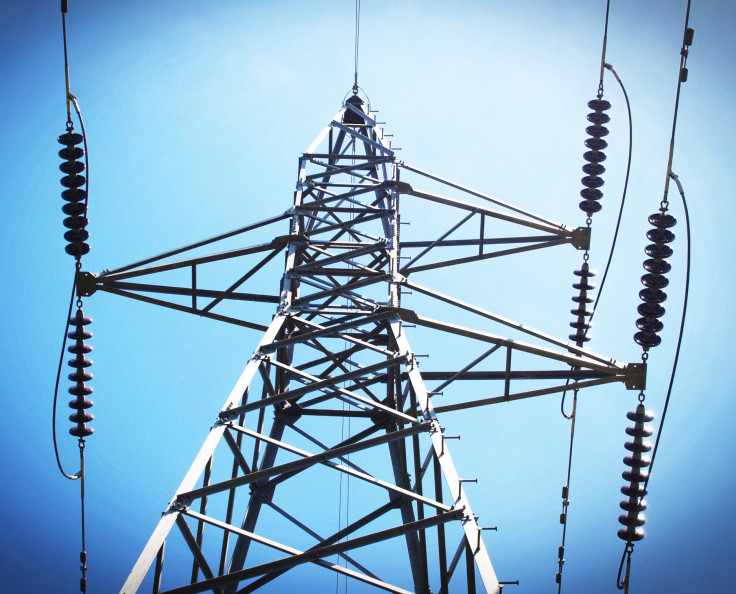Get Ready For A Summer Of Blackouts: High Temperatures And Droughts Threaten US Power Grid
A recent risk analysis by the North American Electric Reliability Corporation (NERC) predicts that the U.S. may see a summer of rolling blackouts. These blackouts are predicted to be a result of high temperatures and droughts across the country.
High temperatures, which are considered to be guaranteed for most of the U.S. and Canada, will increase energy demand, and droughts will make it so there is not as much energy to provide during a surge in demand.
Rolling blackouts, or forced power outages, occur when high demand forces a power grid to shut down. This happens when the grid cannot meet the heightened demand. A temporary shutdown prevents a total failure of the entire power grid.
A similar situation occurred last winter in Texas when over 200 people died as a forced shutdown of the power grid came from unusually cold temperatures during a storm. Those cold temperatures caused an increase in demand and many blamed the state of Texas for its failure to update the grid.
As noted by CNN, for this summer, NERC says that most of North America has "adequate resources and electricity," but it identified key areas of potential elevated risk for energy emergencies. The areas include the Western Interconnection, Texas, Southwest Power Pool (SPP) and Saskatchewan.
The Western Interconnection faces widespread drought and below-normal snowpack. That will lead to lower output from hydro generators, which will be less reliable in the event of higher demand. Drought conditions will also lead to problems in Texas and the Missouri River Basin. Lower water levels can impact the ability of generators to cool and produce energy.
"Persistent, extreme drought and its accompanying weather patterns, however, are out of the ordinary and tend to create extra stresses on electricity supply and demand," said Mark Olson, NERC's manager of Reliability Assessments.
Droughts and high temperatures are not the only concerns.
The assessment also highlighted supply chain issues. These issues could present a problem if certain grids need fixing, replacements or completion. Supply chain woes also make it hard to get the fuel necessary to keep power grids going.
Cybersecurity threats from Russia could present a challenge, according to the assessment.
The assessment also highlighted wildfires as one main concern that could disrupt power grids' reliability.

© Copyright IBTimes 2024. All rights reserved.






















